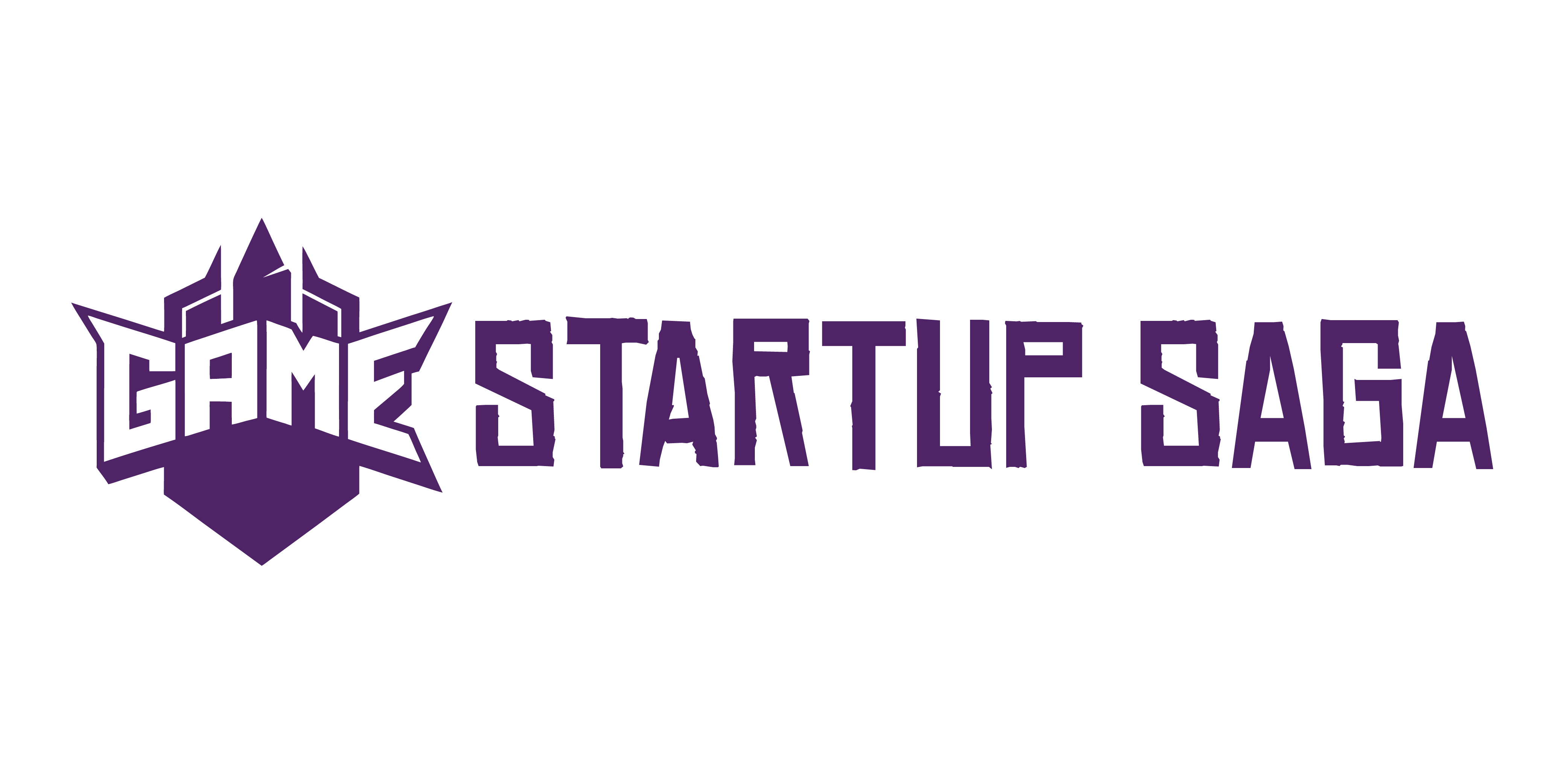Introduction: The New Rules of Play
Between 2023 and 2024, the rulebook for game development got thicker—and a lot more complicated. Governments across the globe have stepped in with new regulations covering everything from user data protection to monetization and content moderation. Whether it’s the European Union enforcing stronger privacy laws, South Korea tightening gambling mechanics, or California introducing stricter youth protections in digital experiences, no part of the industry is untouched.
For game developers, this signals a hard truth: compliance is no longer just a legal checkbox. It’s baked into how games are built, funded, and shipped. Indie studios need to know what data they collect and where it goes. AAA teams must plan for multi-market releases with radically different standards. Even gameplay mechanics—like loot boxes or chat features—are under the microscope.
The challenge now is balance. Push too far into innovation and you risk legal penalties or app store bans. Play it too safe and the game lacks edge. Navigating this tension is the new normal. Studios that learn the system early will have the edge—because tomorrow’s hit title won’t just be fun to play, it’ll be fully compliant, too.
Data Privacy and Player Protection
The age of guesswork around player data is over. Regulations like GDPR in Europe and CCPA in California have drawn a hard line: collect data responsibly or face massive fines. And it’s not just about checking boxes anymore. Governments around the world are watching—and raising the bar.
For studios, this means better backend hygiene. Encrypt data. Minimize retention. Audit permissions. Any game that collects user data—from an email address to in-game behavior—needs clear consent and airtight protections. Even small teams can’t afford to neglect this. One misstep can tank public trust or force a game off platforms.
What’s more, age gates are no longer cosmetic. Platforms and regulators are pushing developers to enforce real age verification, especially for games aimed at kids or teens. That impacts UX design—from onboarding flows to marketing copy to parental dashboards. Studios are now designing with accountability in mind, not just aesthetics or engagement.
Failing to adapt slows your launch—and risks court. Playing smart on privacy isn’t a compliance chore anymore. It’s table stakes.
Monetization Models Under Fire
The days of quietly slipping loot boxes and microtransactions into games are over. Regulators are stepping in—hard. Countries across Europe, including Belgium and the Netherlands, have already taken firm stances against loot boxes, labeling them as gambling. Asia’s catching up too, with South Korea and Japan imposing stricter rules on in-game purchase disclosures and odds transparency.
Studios are on notice. If your monetization model relies on surprise mechanics, prepare for legal headaches—or a redesign. Some developers are moving to battle passes, cosmetic-only purchases, or up-front pricing. Others are experimenting with subscriptions or content packs that ditch randomness entirely.
This isn’t just a console or PC problem either. Mobile gaming, with its deep dependency on microtransactions, is in the regulatory crosshairs. The shift is forcing everyone—from lean indie teams to massive publishers—to rethink how they extract value without crossing legal lines or alienating users.
Explore the mobile market angle
Content Restrictions and Ratings Enforcement
Game developers are used to pushing creative boundaries, but 2024 is drawing some hard lines. Around the world, rating boards and regulatory agencies are tightening standards—especially around violence, sexual content, and gambling mechanics. What passed with a 16+ label two years ago might now get slapped with 18+ or banned outright in certain regions.
Simulated gambling features like loot boxes, wheel spins, and card draws are now under the microscope in countries like Australia, Germany, and South Korea. Violent narrative arcs, especially those involving civilians or stylized realism, are being reevaluated by boards in places like Brazil and China. Developers are having to rethink what gets included—or risk having entire titles barred from huge player bases.
This is where flexibility comes in. Studios that want global reach are now building in-region customization tools for dialogue, visuals, and gameplay. Mechanics that might trigger regulatory red flags in one market are being rewired or removed entirely for local versions. It’s not just localization anymore—it’s compliance by design.
The upside? Clearer rules mean fewer last-minute surprises. The downside? More overhead. But for teams thinking long-term, planning for content compliance early is saving launches—and reputations.
Developer IP and Licensing Impacts
The era of casual remixing and borrowed assets is over. Studios are facing sharper rules around the use of third-party intellectual property in games—especially in gameplay that streams, sells, or scales. Whether it’s a character skin that nods too hard to a big franchise or background music from a copyrighted source, developers now have less wiggle room than ever.
Modding communities and fan-made content are also in the legal crosshairs. Copyright takedown requests are on the rise, often automated and unforgiving. For studios with open mod support, there’s growing concern over what fans put into the ecosystem. Even well-meaning community creations can trigger major IP disputes if they repurpose or resemble protected content.
In response, many studios are tightening terms of service, introducing in-game tools that limit what assets can be used, and investing in IP monitoring solutions. Some are moving toward closed or curated mod platforms. Others are negotiating clearer licenses or creating royalty-sharing systems to stay above board. The bottom line: to protect their games—and their creators—studios must treat IP rules not as a footnote, but as a core part of their production and publishing strategy.
The Global Tug-of-War
Game studios aren’t just designing for an audience anymore—they’re dodging regulatory landmines across borders. What’s fair game in one country could be illegal in another. Think of Germany’s ban on certain violent content, China’s limits on online gaming time, or Belgium’s crackdown on loot boxes. A single global launch strategy doesn’t cut it anymore.
Studios are learning to build flexibility into their pipelines. That means geo-targeting more than just ads—it includes mechanics, progression features, even entire game modes. One version might ship with cosmetic-only purchases in Europe, while another keeps play-to-win mechanics alive in less restrictive markets. Local laws dictate those moves, not just player preferences.
The result is an increasingly fractured release landscape. But the smarter publishers are leaning in, creating modular game experiences that toggle mechanics based on region. While this adds complexity, it also keeps studios in legal bounds while expanding reach.
Navigating this patchwork of regulation isn’t glamorous, but it’s necessary. Ignoring it means risking bans, fines, or pulled games. For international success in 2024, studios don’t just need great content—they need a global compliance playbook that’s baked into the design from day one.
Upside: Compliance as a Competitive Advantage
Regulatory compliance may seem like a burden, but for forward-thinking game studios, it’s becoming a key differentiator. Aligning early with emerging laws not only protects your studio—it also positions your brand as trustworthy, stable, and ready for growth.
Early Compliance Builds Trust
Players are increasingly conscious of how their data is handled and how ethically a game is monetized. Platforms, too, favor studios that meet regulatory standards without needing extra enforcement.
- Protecting player data fosters long-term loyalty
- Proactive compliance reduces platform friction during submission and updates
- Transparent practices can be part of a studio’s brand identity
Unlocking Global Opportunities
When studios meet global compliance standards up front, they’re able to enter new markets more efficiently, without needing costly redesigns or legal delays.
- Access to Regional App Stores: Some digital storefronts require full compliance with local laws before listing
- Faster Time to Market: Less back-and-forth minimizes launch delays
- Improved Partner Relations: Compliance builds trust with platform holders and publishers
Focus More on Creativity, Less on Crisis Management
Every regulatory issue avoided frees up resources for actual game development. Whether it’s avoiding fines, takedowns, or market bans, staying compliant helps studios focus where it matters most.
- Reduces costly interruptions or reworks post-launch
- Allows teams to plan roadmaps with greater legal certainty
- Minimizes public backlash from non-compliance discoveries
Bottom Line: In a landscape where regulation is only tightening, early compliance isn’t just the safe path—it’s the strategic one.
Conclusion: Building (and Shipping) Smart
Regulation isn’t the enemy. It’s part of the terrain now—a design constraint, not a dead end. Studios that treat it as a core element of the creative and production process are the ones that will move fastest and survive longest. Instead of fighting the rules, smart teams fold them into their pipelines and use them as levers for better products.
If you’re scaling, here’s what matters: bake compliance into your launch planning, budget for legal and localization early, and keep an eye on policy moves in key territories. Whether it’s adapting monetization to bypass loot box bans or tweaking narrative content to meet regional ratings, clarity now saves chaos later.
What’s next? More fragmentation. Expect stricter age-gating, tighter IP enforcement, and AI-related oversight around both content creation and gameplay. Countries are drawing their own battle lines, and global studios need to prepare to code—and market—territory by territory.
The takeaway is simple: regulation will keep evolving, so stay flexible, stay informed, and build games that don’t just play well—but play smart.



